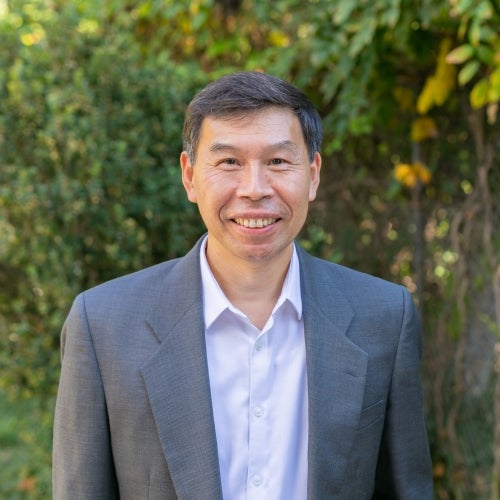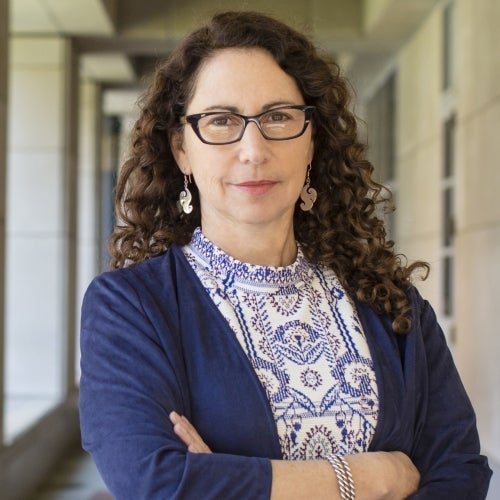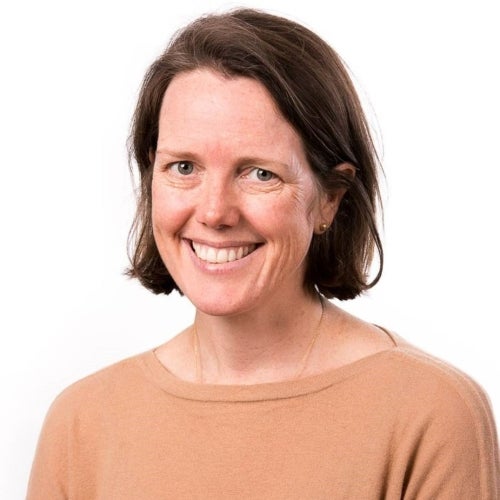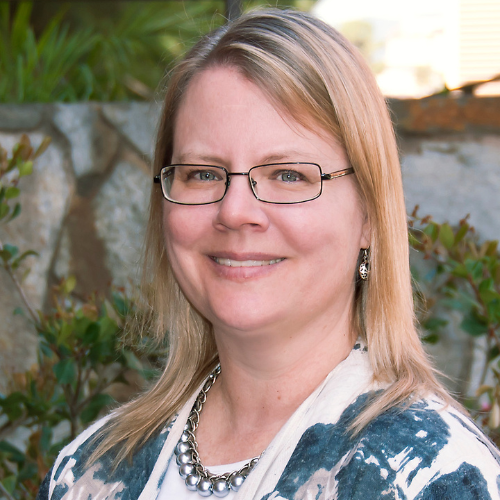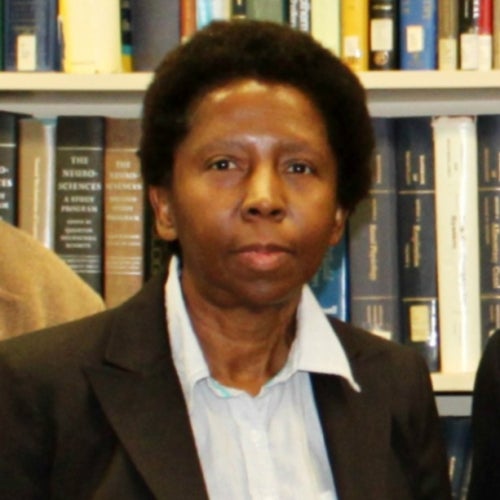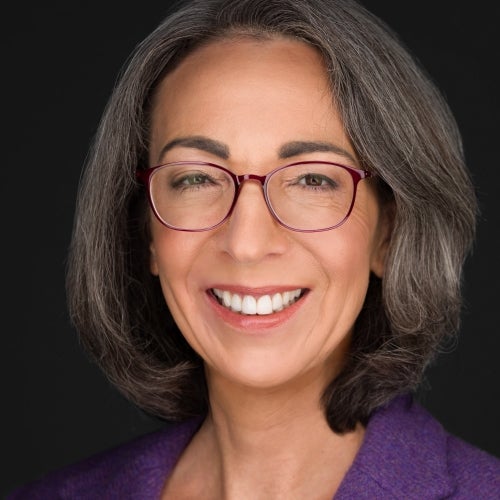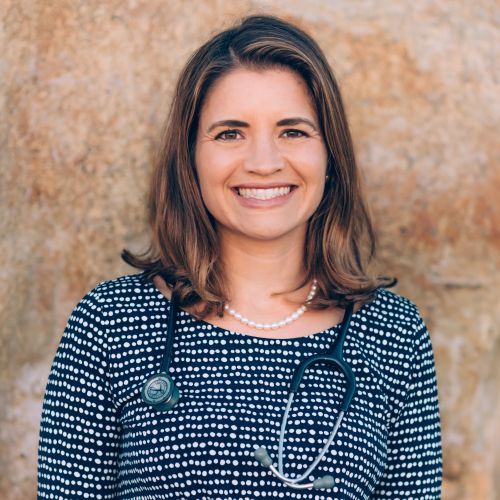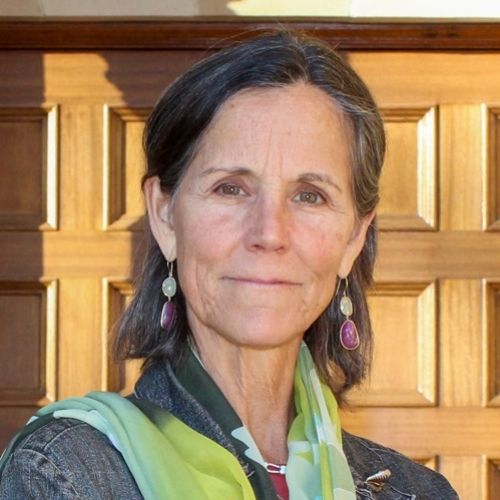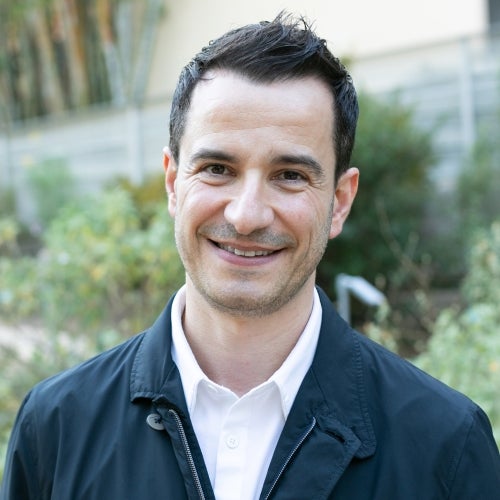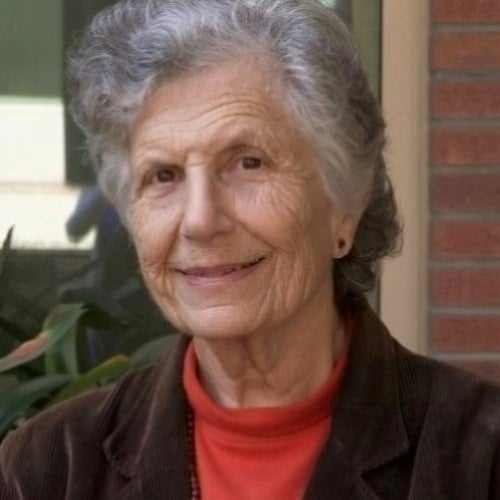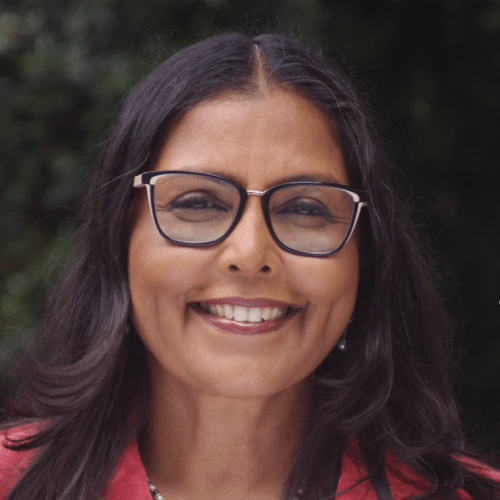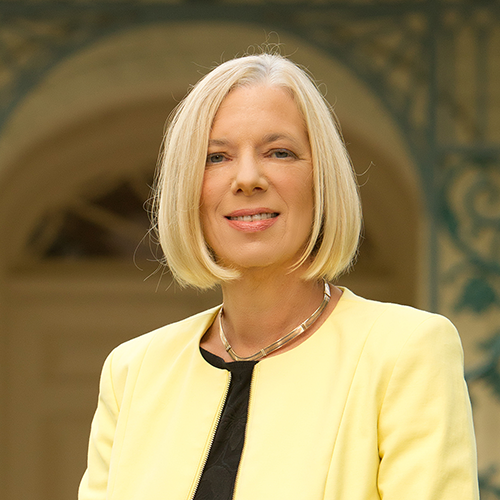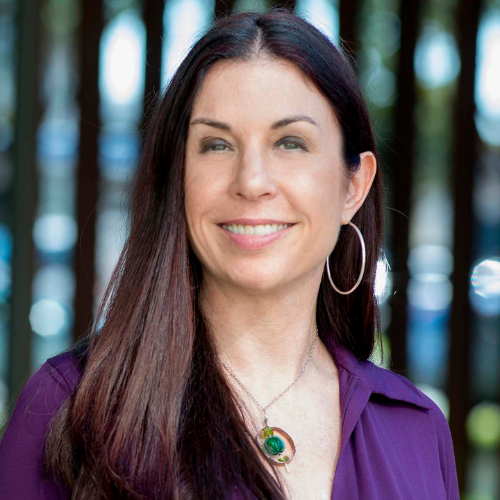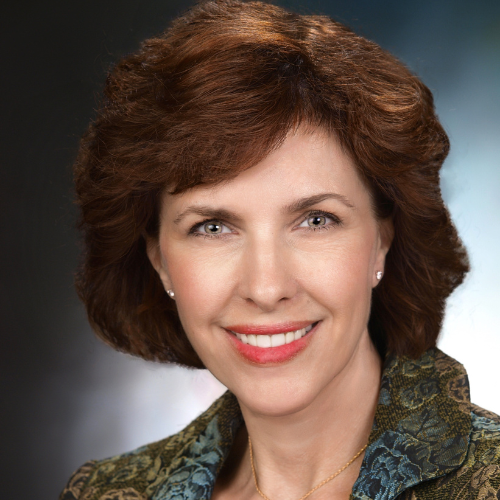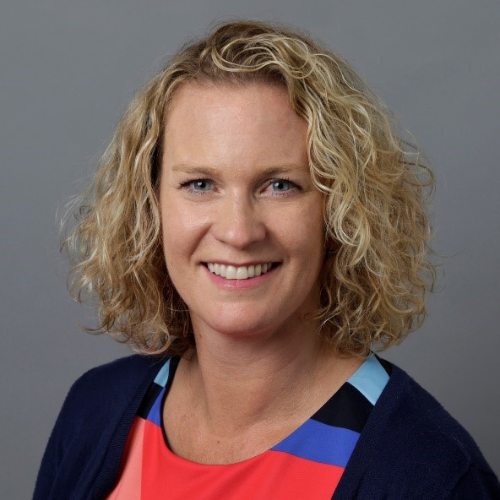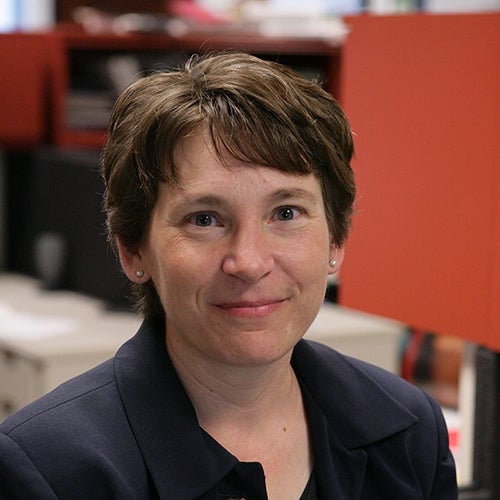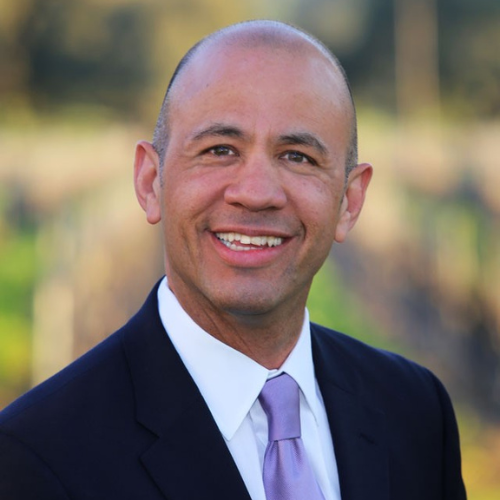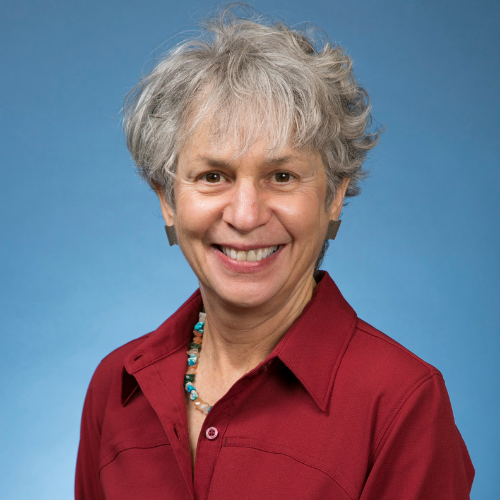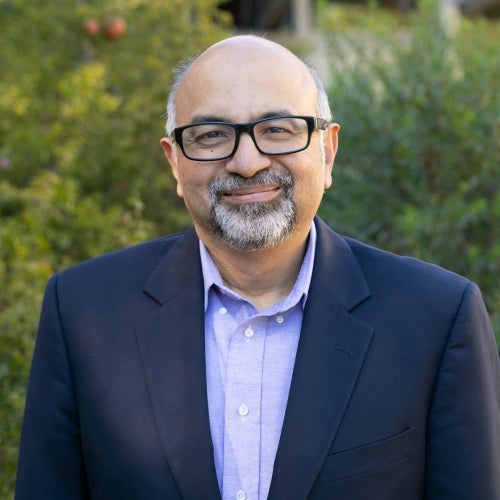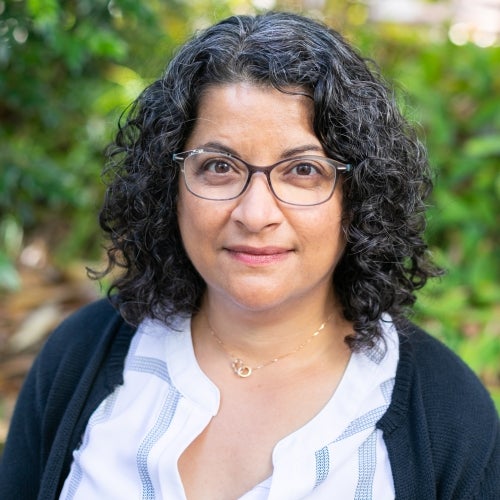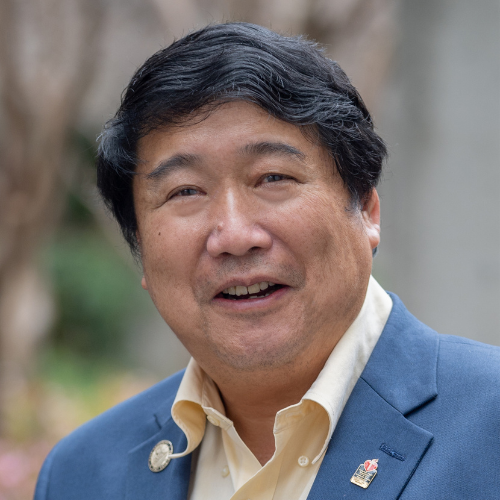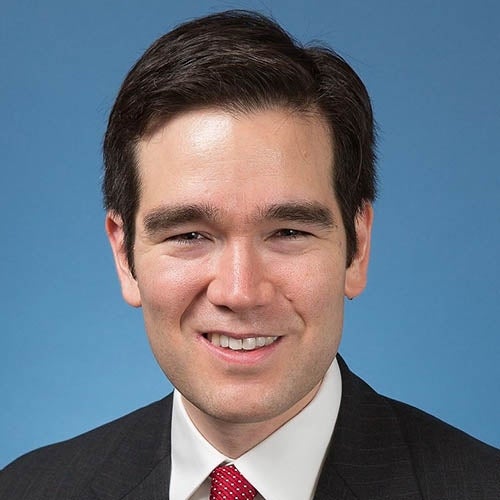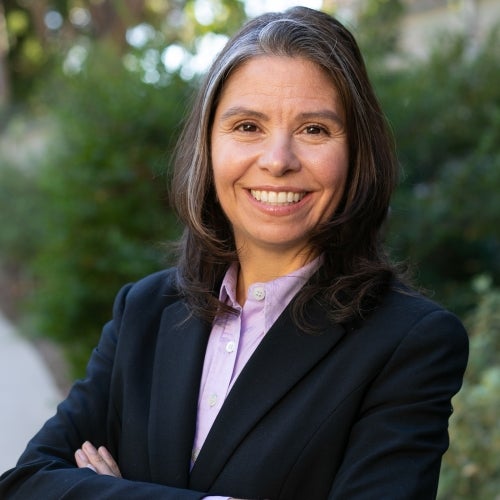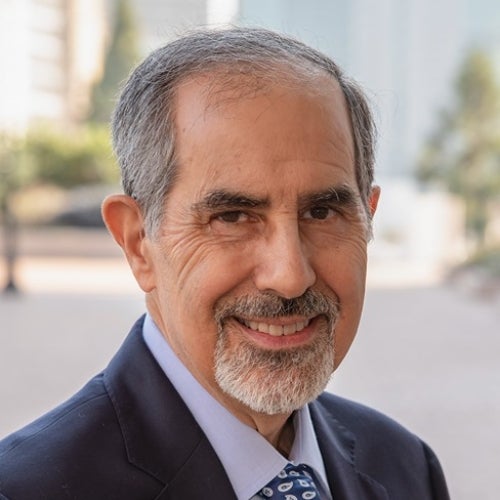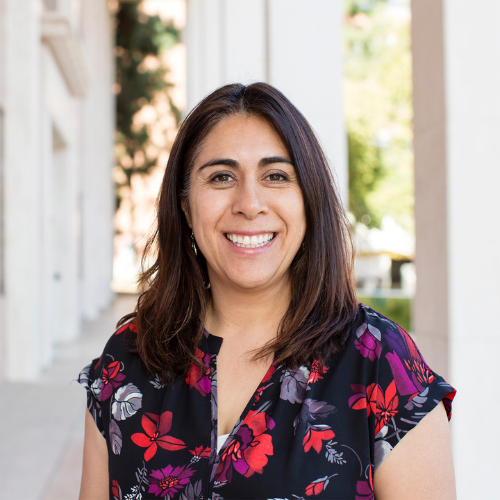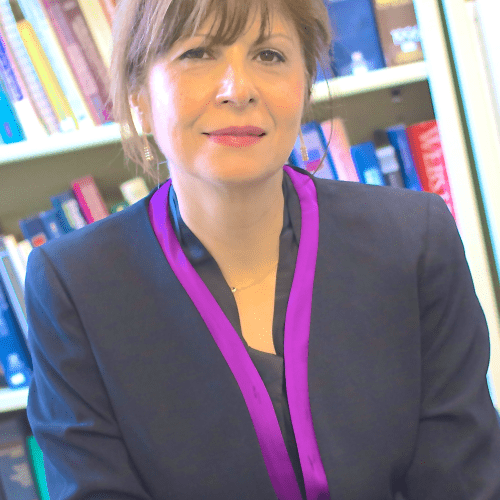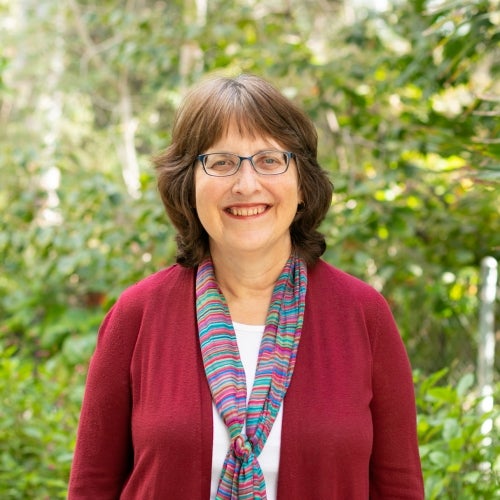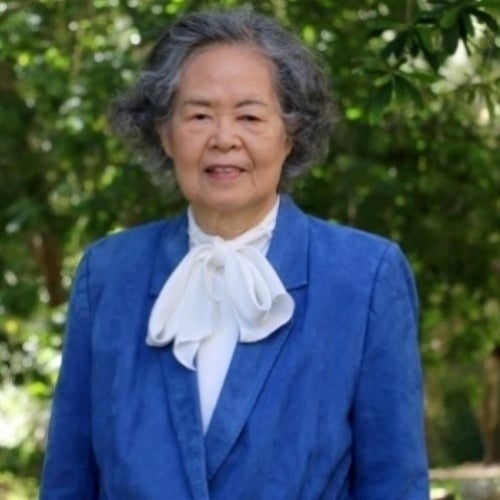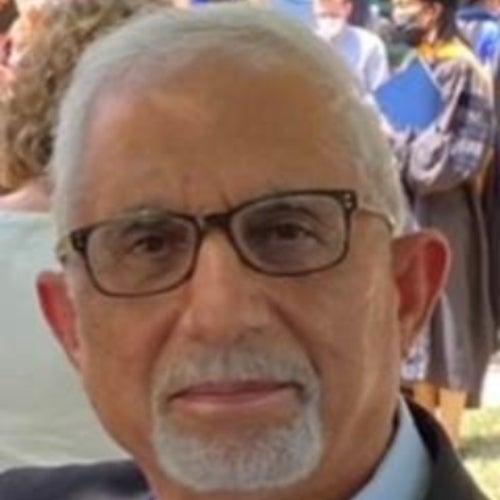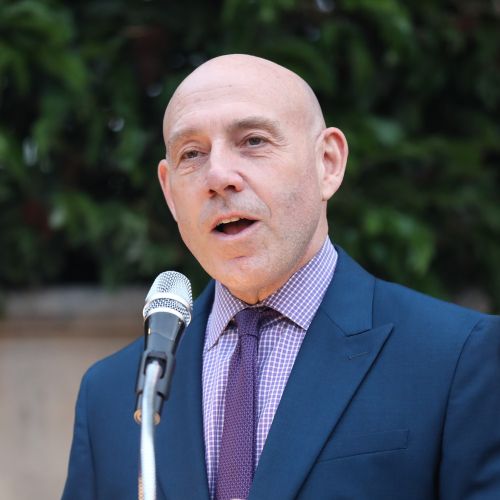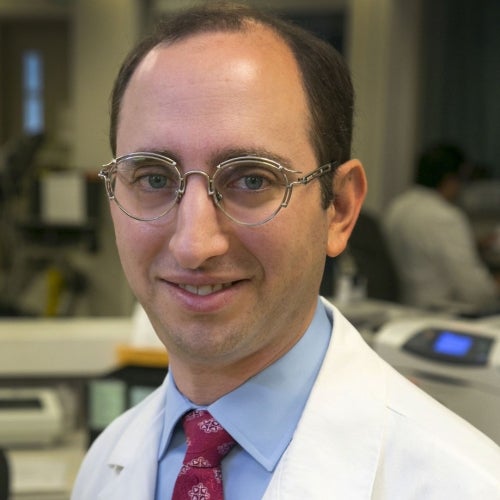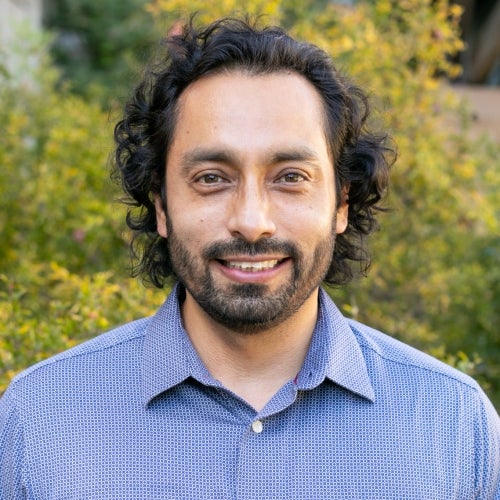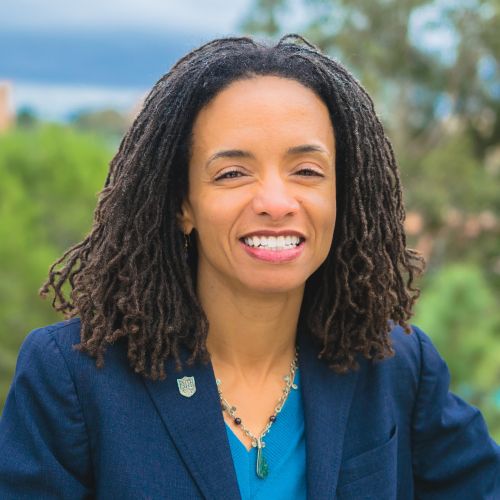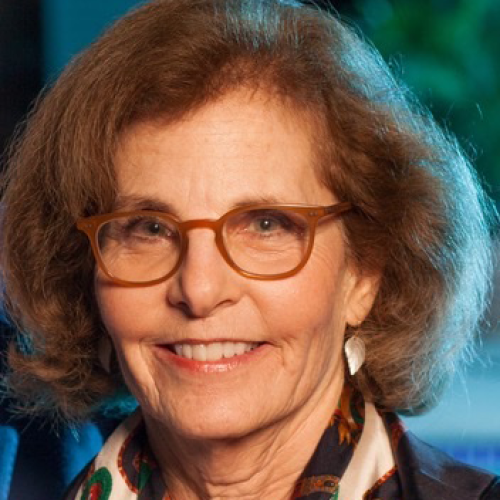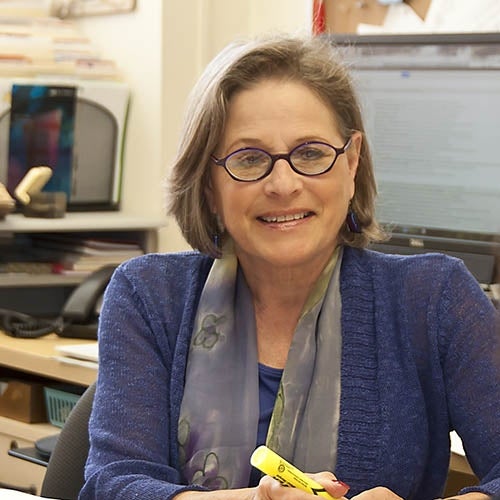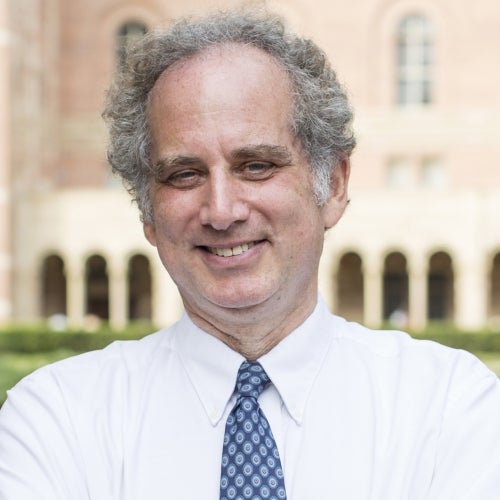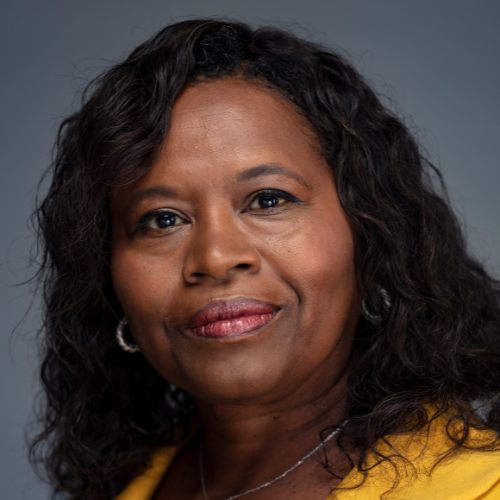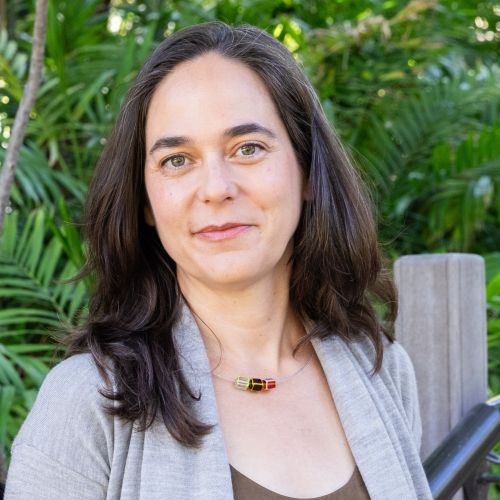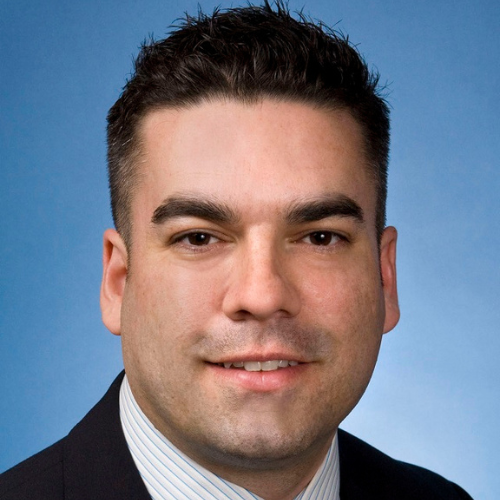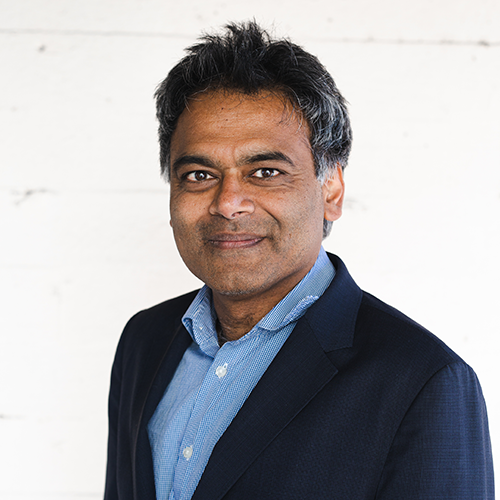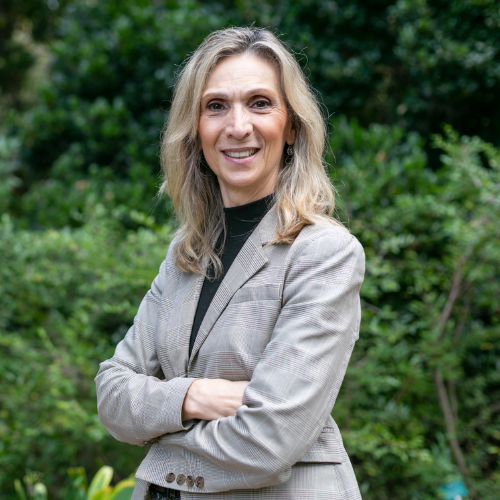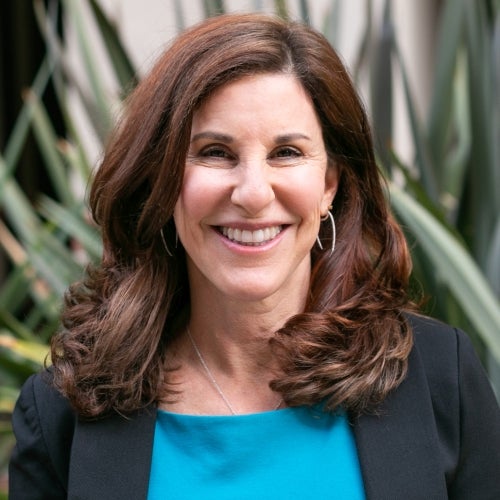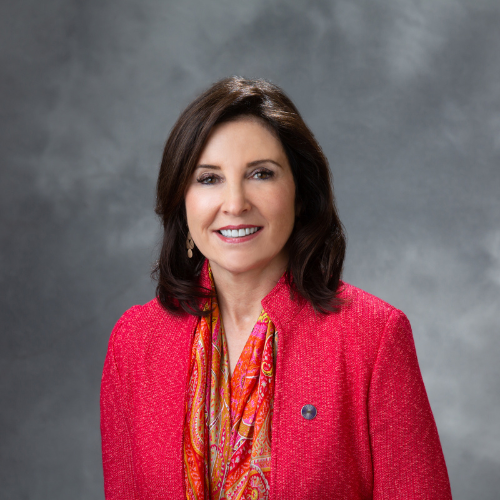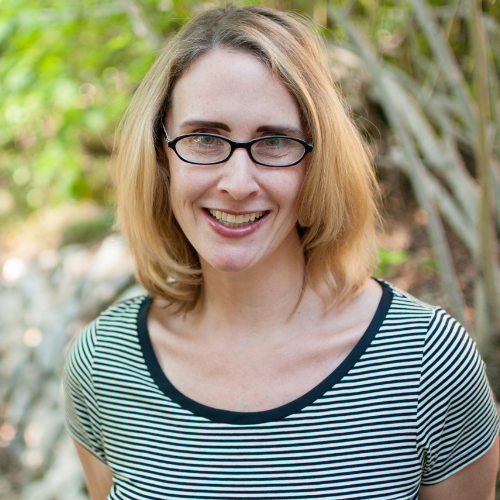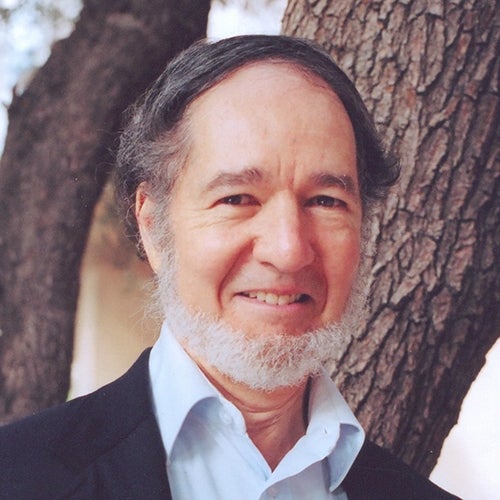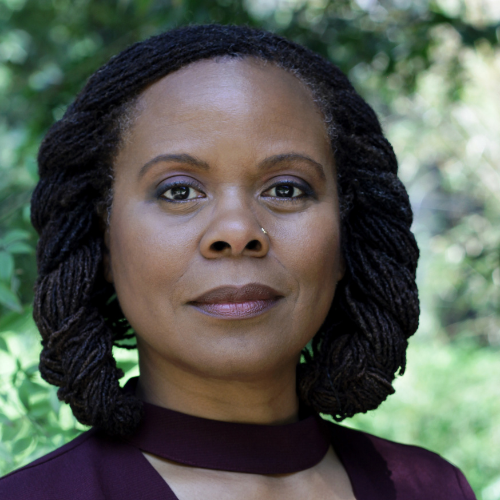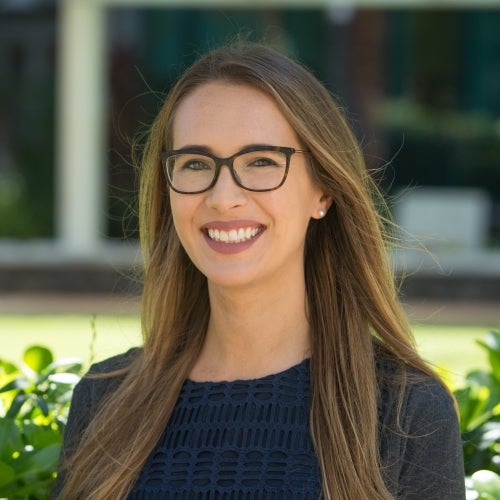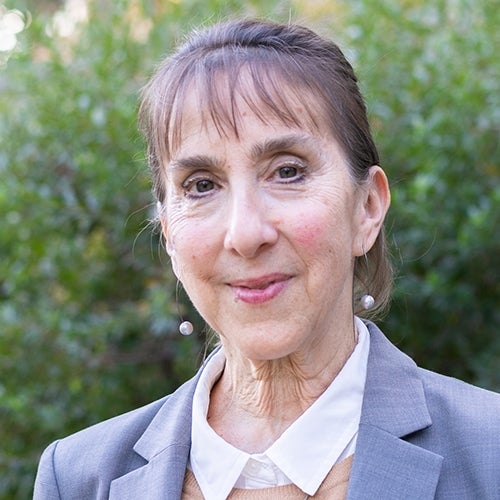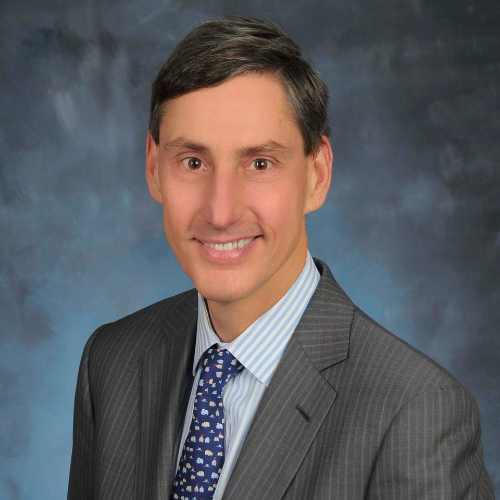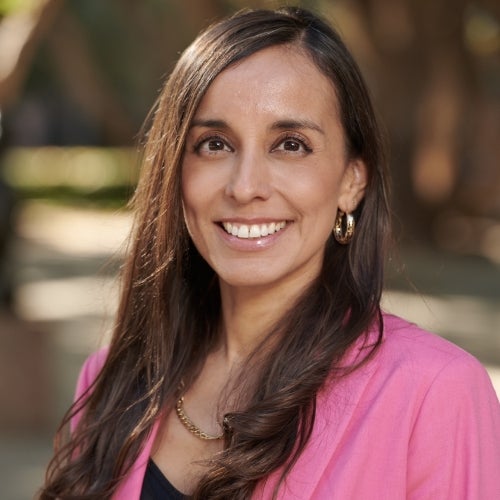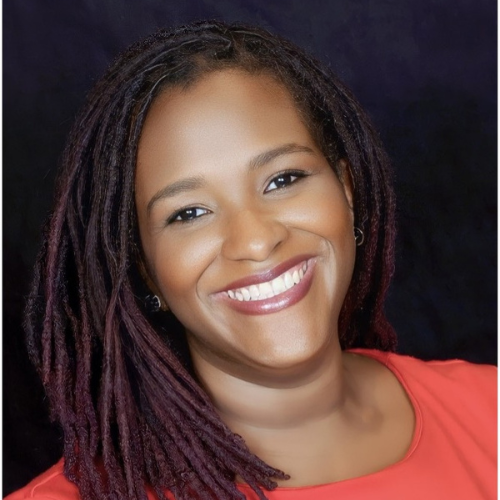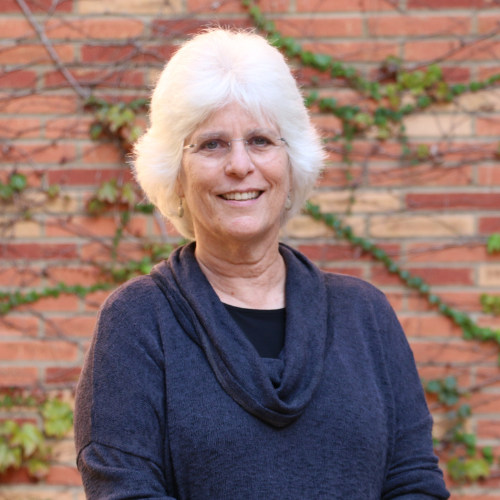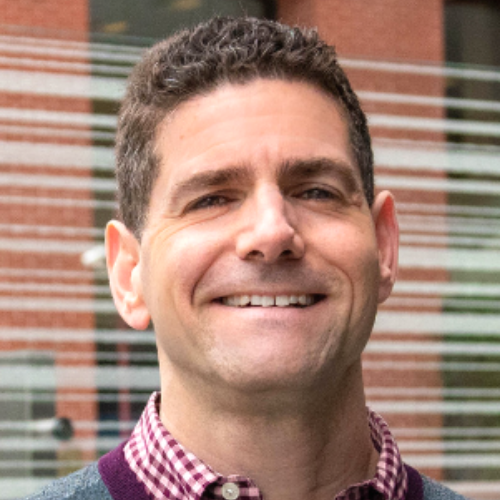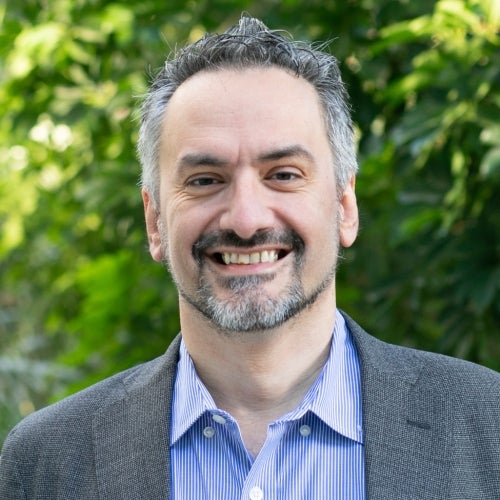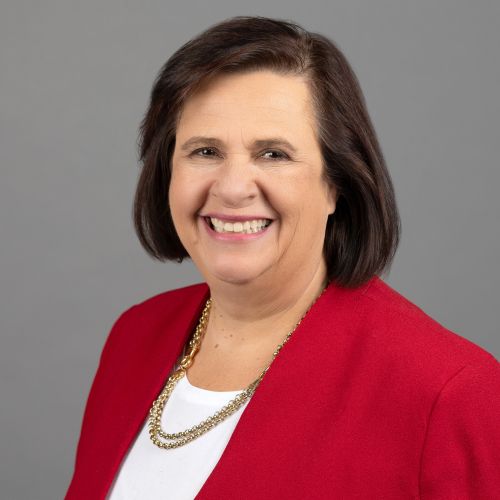New report highlights global governments' failure to support family-friendly policies
Calls for new measures to enable world's children to thrive, not merely survive.

A new report launched today by the UCLA World Policy Analysis Center presents never-before-available comparative data on nearly every country in the world, revealing how millions of children across the globe face conditions that limit their opportunities to thrive and reach their full potential. Dr. Jody Heymann, dean of the UCLA Jonathan and Karin Fielding School of Public Health, co-authored the study.
"Changing Children's Chances" provides a thorough analysis of the laws and public policies of 191 countries covering the areas of poverty, discrimination, education, health, child labor, child marriage and parental care.
Governments in both developed and developing countries are not taking widely agreed-upon steps in critical areas known to make a difference to children's opportunities, said Heymann.
This new research, she says, aims to focus global attention on these issues to ensure that existing policies governing child welfare are fully implemented and that new measures are introduced that will enable children's full and healthy development.
The report includes unique full-color world maps and tables offering insights into global policies on a range of topics, including how long girls are protected from marrying, compared with boys; which countries charge tuition fees for secondary education; which countries guarantee paid leave for new mothers and fathers; and which offer inclusive education to children with disabilities.
Among the findings of the "Changing Children's Chances" report:
Child labor and minimum wage
- 167 countries (out of 189 from which data were available) have established a national minimum wage, yet in 40 of these countries, a family with a working adult with one dependent child may be expected to subsist on $2 or less per person per day.
- Six countries have no legislated minimum age for employment. Children may be put to work as young as 12 or 13 years old in five countries, at age 14 in 29 countries, and at age 15 in 63 countries.
Maternity and paternity leave
- While the vast majority of countries provide maternity pay for new mothers - just eight do not, including the United States - far fewer make similar arrangements for fathers. Only 81 countries provide paid leave that can be taken by men, either through paternity leave (67 countries) or through leave-time available to either parent.
Education and special needs
- While universal free primary education has become a reality for most of the world's children (in 166 of the 174 countries from which data were available), 61 countries still charge tuition for all or some secondary education.
- Despite global recognition that inclusive education helps children with special needs achieve their full potential, only 73 countries place children with disabilities in the same classrooms as non-disabled children; 62 include them in the same schools, but not necessarily the same classes; and 28 educate them separately.
Child marriage
- Girls are particularly vulnerable to early marriage, which can often result in them being taken out of school. In 54 countries, they are permitted to marry between one and three years before boys.
Children with disabilities
- Just 58 countries worldwide provide specific cash benefits or supplements to cover the needs of children with disabilities.
"Progress over the past few decades demonstrates that where there is a will, there is a way to make dramatic changes in children's lives, from survival to basic education," Heymann said. "However, our findings show how far nations still have to go to realize a world where all children have a chance to thrive, not just survive. National laws and policies in areas ranging from labor to education to poverty reduction fall far short of what countries have committed to in international agreements. At the same time, there are resource-constrained countries that are ahead of the curve, showing the feasibility of action and giving hope that dramatic change is possible."
Commenting on the "Changing Children's Chances" report, Professor Sir Michael Marmot, director of the Institute of Health Equity at University College London, said: "The findings of this new report confirm that children the world over are being denied opportunities to live to their potential. What happens in a child's early life - regardless of where they are in the world - very much determines their chances to lead healthy and productive lives in their adulthood.
"The inequalities children face in their early years lead to continued inequalities in later life. We simply cannot afford to let this continue to happen, and we have to use the growing body of evidence to address the social determinants of children's health and the conditions in which they are born, grow, live, work and age."
Representatives from governments around the world will soon be gathering, as part of a United Nations initiative, to set global goals that the world's nations should strive for - the so-called "post-2015" agenda. This agenda is currently being formulated, and recommendations from the UN's High-Level Panel of Eminent Persons will be made to the UN secretary general this May.
"Changing Children's Chances" calls on world leaders to consider the following recommendations, among others, in shaping the post-2015 agenda:
Education
- Make education free, especially secondary education. Quality secondary education and the employment opportunities it provides are key to lifting young people out of poverty.
- Increase educational-attainment requirements for teachers, accompanied by improved salaries and training to ensure that enough qualified teachers are available.
Labor and Workplace
- Protect children and youth from working long hours, which interferes with success at school.
- Ensure that minimum wages are high enough to lift families out of poverty without relying on child labor to supplement family income; provide financial assistance to low-income families supporting children.
- Ensure that workplace policies are in place that enable working parents to care for their children - especially critical in the context of changing global labor-market conditions.
Marriage
- Establish a minimum age for marriage that is the same for both sexes and that is high enough to allow children and youth to complete secondary education.
Parental care
- Countries that have not yet done so should guarantee paid maternity, paternity and parental leave, as well as leave to care for children's health needs.
Fighting discrimination
- Ensure that legal and constitutional provisions create a strong foundation against discrimination for all children and adults across the lines of gender, ethnicity, employment, religion and sexuality.
Children with disabilities
- Address the specific needs of children with disabilities, including their access to inclusive education and the provision of supplementary income to meet their special needs.
Baroness Massey, chair of the United Kingdom's All-Party Parliamentary Group on Children, welcomed the report's publication and recommendations.
"This report highlights yet again that supportive policies frame what caring families are able to provide for their children," she said. "The steps taken by governments do make the difference for children's chances, whether ensuring access to quality education, protection from child labor and early marriage, good health care, working conditions that enable parents to care for their children, or freedom from discrimination. We must continue to strive to hold countries publicly and visibly accountable for the policies that are central to the lives of all children."
The World Policy Analysis Center is the largest data center examining social and economic policy globally, covering hundreds of aspects of policy and national outcomes in 193 countries. With an international team and nearly a decade of work carried out at Harvard University, McGill University and UCLA, the center has brought together for the first time quantitatively comparable findings on laws and policies in all 193 UN countries. The "Changing Children's Chances" report presents these groundbreaking findings for children.
The UCLA Fielding School of Public Health is dedicated to enhancing the public's health by conducting innovative research; training future leaders and health professionals; translating research into policy and practice; and serving local, national and international communities.
Additional information for editors:
-
Tweet about "Children's Chances" using #kidschances.
-
Dr. Jody Heymann is available for interviews.
Faculty Referenced by this Article

Automated and accessible artificial intelligence methods and software for biomedical data science.

Professor of Community Health Sciences & Health Policy and Management, and Associate Dean for Research
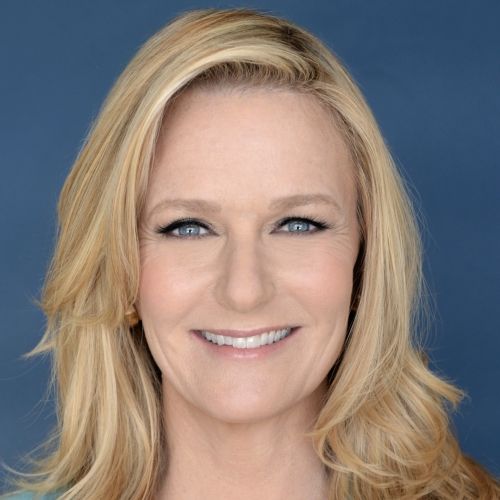
Dr. Anne Rimoin is a Professor of Epidemiology and holds the Gordon–Levin Endowed Chair in Infectious Diseases and Public Health.

EMPH Academic Program Director with expertise in healthcare marketing, finance, and reproductive health policy, teaching in the EMPH, MPH, MHA program

Robert J. Kim-Farley, MD, MPH, is a Professor-in-Residence with joint appointments in the Departments of Epidemiology and Community Health Sciences

Dr. Ron Andersen is the Wasserman Professor Emeritus in the UCLA Departments of Health Policy and Management.

Dr. Michelle S. Keller is a health services researcher whose research focuses on the use and prescribing of high-risk medications.

Industrial Hygiene & Analytical Chemistry

Dr. Joseph Davey is an infectious disease epidemiologist with over 20 years' experience leading research on HIV/STI services for women and children.

Associate Professor for Industrial Hygiene and Environmental Health Sciences

Dr. Hankinson is a Distinguished Professor of Pathology and Laboratory Medicine, and of EHS, and Chair of the Molecular Toxicology IDP
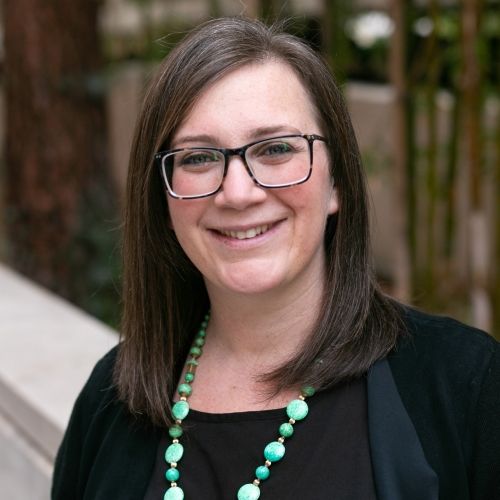
Director of Field Studies and Applied Professional Training
Nationally recognized health services researcher and sociomedical scientist with 25+ years' experience in effectiveness and implementation research.

Assistant Dean for Research & Adjunct Associate Professor of Community Health Sciences




